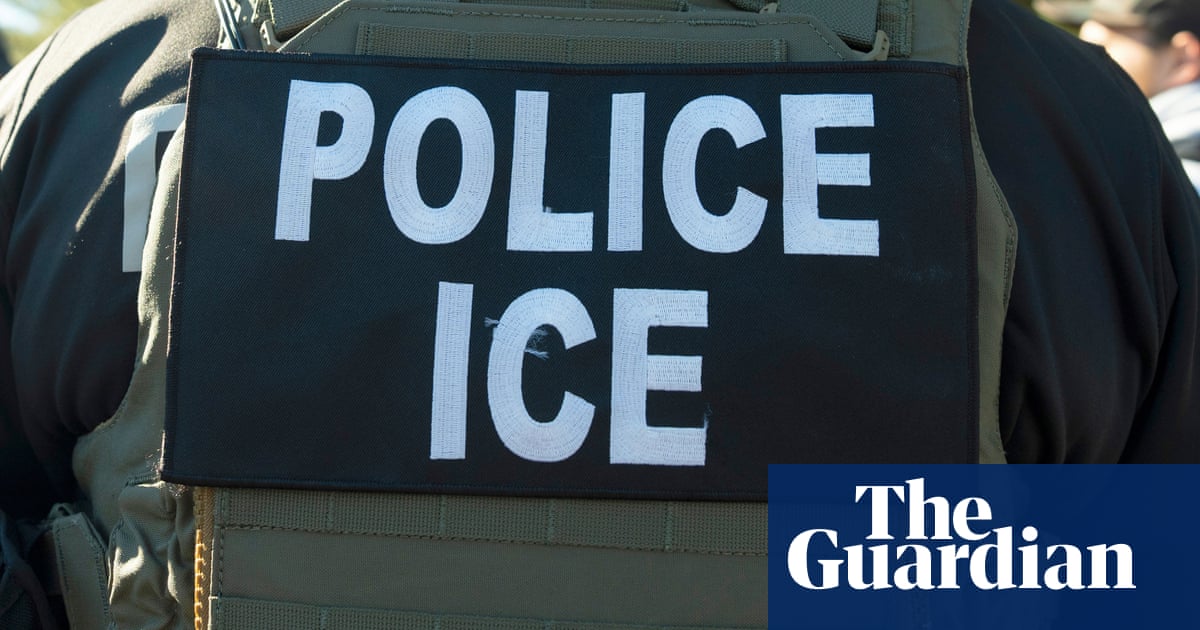The Journey of Eight Deportees to South Sudan: A Complex Legal Odyssey
In a controversial turn of events, eight men from various countries, including Cuba, Laos, Mexico, Myanmar, Vietnam, and South Sudan, recently arrived in war-torn South Sudan after a tumultuous legal saga. Their deportation, originally intended by the Trump administration, reflects the intricate interplay of immigration policy, legal challenges, and international relations.
The Initial Deportation Plan
The administration’s decision to deport these men stemmed from their convictions for violent crimes in the United States. Homeland Security officials had aimed to relocate these individuals to South Sudan, a country that poses significant risks, as highlighted by the U.S. State Department’s travel advisory warning of “crime, kidnapping, and armed conflict.” The apparent goal was to reinforce the narrative of strict immigration enforcement while facing growing pressures regarding public safety.
Legal Challenges and Court Hearings
The journey of these deportees began with a scheduled flight to South Sudan in May. However, the aircraft was diverted to a military base in Djibouti, where the men were held in a makeshift facility—converted shipping containers. This diversion resulted from a federal judge’s intervention, who found that the administration had not allowed the men adequate opportunities to contest their removal.
As legal proceedings unfolded, the Supreme Court intervened, eventually enabling the deportations to proceed by ruling that immigration officials could hastily deport individuals to third countries, bypassing safety concerns in their countries of origin. This decision sparked a heated legal battle, as various judges weighed in on the ethics and legality of such removals, especially to countries perceived as dangerous.
The Role of the Supreme Court
The Supreme Court’s conservative majority provided a pivotal ruling that allowed the deportations to advance. They halted lower court orders that would have granted the men fewer rights to contest their deportations, igniting debates on the limits of judicial oversight in immigration matters. The ruling made it clear that the justices viewed the administration’s approach through a lens of legality rather than humanitarian concerns.
In early July, the legal landscape became increasingly fraught with urgency as courts deliberated on last-ditch appeals. Ultimately, a judge acknowledged that he lacked the authority to prevent the removals, pointing toward a Boston judge whose prior rulings had initially paused these deportations.
Arrival in South Sudan
After months of uncertainty, the men finally reached South Sudan, with their arrival announced on a Saturday by Tricia McLaughlin, a spokesperson for Homeland Security. She framed the outcome as a win for "the rule of law, safety, and security of the American people." This statement, however, glosses over the complexities and potential risks that these individuals now face upon their arrival in a country rife with conflict and instability.
The Broader Implications of Such Deportations
This case raises significant questions concerning humanitarian obligations, international relations, and the future of U.S. immigration policy. With agreements in place to transfer immigrants to third countries lacking the intention or ability to accept them, the implications extend beyond mere legal frameworks. Critics argue that deporting individuals to dangerous countries, especially those with known human rights issues, constitutes a failure of the U.S. to uphold its own values regarding human dignity and safety.
As discussions around immigration reform persist in the United States, the experiences of these eight men may serve as a troublesome example of how legal and administrative decisions can collide with humanitarian concerns, leaving many to question the ethical dimensions of such policies.
This evolving narrative informs broader conversations about immigration enforcement and the responsibilities of nation-states in safeguarding both their citizens and vulnerable individuals seeking refuge or a second chance.


